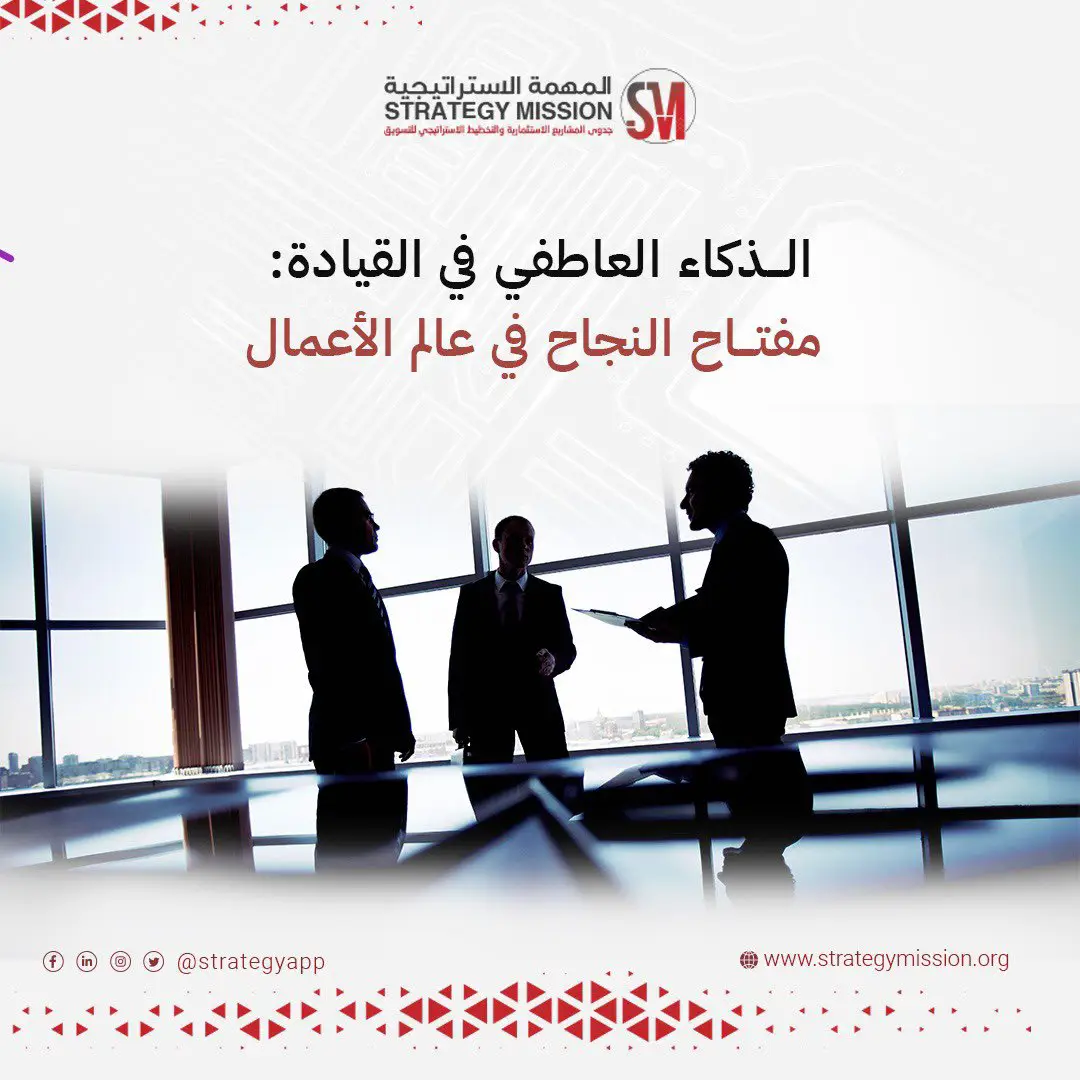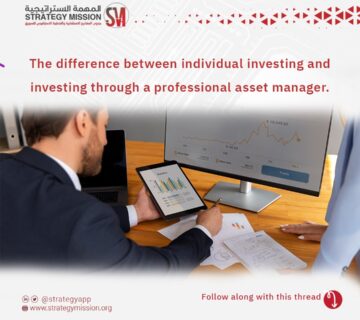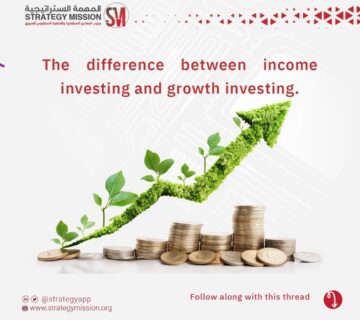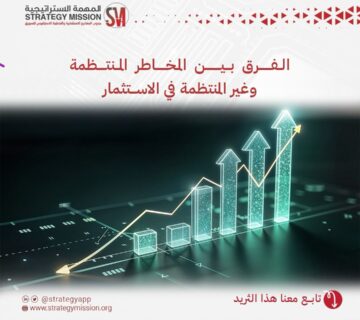Emotional Intelligence in Leadership: The Key to Success in the Business World
Introduction
In today’s business world, emotional intelligence is a fundamental element of effective leadership. It involves the ability to understand and manage emotions to achieve better performance and successfully motivate teams
What is Emotional Intelligence ?
Emotional intelligence is the ability to recognize and manage one’s own emotions, as well as understand and interact with the emotions of others in ways that enhance cooperation and productivity.
Importance of Emotional Intelligence in Leadership
– Improving Relationships: Leaders with emotional intelligence build strong relationships with their teams, increasing cohesion and loyalty.
– Enhancing Performance: Understanding and motivating the team raises levels of productivity and innovation.
– Handling Pressure: Leaders who effectively manage their emotions handle crises with composure.
Examples from Saudi Arabia of Administrative Development Using Emotional Intelligence in Leadership :
1. Khalid Al-Falih – Saudi Aramco :
Khalid Al-Falih, the former president of Saudi Aramco and current Minister of Investment, used emotional intelligence to boost morale and productivity within the company. By understanding the needs of his employees and showing personal interest in them, he was able to create a positive and supportive work environment. This approach contributed to increased loyalty and productivity within Aramco, especially during significant periods of transformation the company underwent.
2. Lubna Olayan – Olayan Group :
Lubna Olayan, the CEO of Olayan Group, is known for her effective communication with her team and genuine empathy towards their needs. By using emotional intelligence, she was able to build a work culture that enhances the sense of belonging and motivation among employees. This approach helped improve team performance and increased employee commitment to achieving the company’s goals.
3. Fahd Al-Rasheed – King Abdullah Economic City (KAEC) :
Fahd Al-Rasheed, the CEO of King Abdullah Economic City, utilized emotional intelligence to manage and motivate teams to achieve the city’s ambitious vision. Through effective communication and personal interaction with employees, he built an inspiring work environment that supports innovation and creativity. This approach contributed to significant progress in the city’s economic projects and attracted foreign investments.
4. Nahed Taher – Gulf One Bank :
Nahed Taher, the founder of Gulf One Bank, relied on emotional intelligence to build a strong and enthusiastic team. By deeply understanding the emotions and needs of her employees, she was able to motivate them and achieve high levels of job satisfaction. This approach helped build a strong reputation for the bank and increase its customer base.
5. Mohammed Al-Jasser – National Commercial Bank (NCB) :
Mohammed Al-Jasser, the former CEO of the National Commercial Bank, used emotional intelligence in his leadership to bring about a positive transformation within the bank. By focusing on the employees and showing appreciation for their efforts, he created a motivating work environment. This approach contributed to improving the bank’s overall performance and increasing customer loyalty.
Tools for Developing Emotional Intelligence
– Self-Awareness Training: Practice meditation and self-reflection to understand personal strengths and weaknesses.
– Develop Active Listening Skills: Improve communication and understanding of others’ emotions.
– Stress Management: Use relaxation techniques and exercise.
– Empathy Training: Put yourself in others’ shoes to understand their feelings and needs.
Emotional intelligence is a vital component of successful leadership. By developing this skill, leaders can build more cohesive and innovative teams and handle challenges more effectively.
To request ISO certification services for companies and institutions only (not for individuals):
Follow Us on X platform to get more blogs and threads :





No comment